The Center for Collaborative Conservation at Colorado State University is pleased to welcome the twelfth cohort into their Conservation Fellows Program. For a second year, the CCC has partnered with the Warner College’s Diversity and Inclusion Program to support a cohort of Fellows that includes individuals from demographics historically under-represented in conservation and projects that engage communities that are often under-served.
Cohort 12 is made up of 10 fellows pursuing five collaborative conservation projects with communities across the globe, including:
- New Mexico, USA: Restoring watershed health to the Rio Grande River corridor while protecting and enriching Pueblo culture
- Tanzania: Conducting an Indigenous community assessment of problematic plants through citizen science
- Colombia: Facilitating participatory actions to implement juridically declared GMO-Free Territories that protect local livelihoods and biodiversity
- India: Incorporating dynamic community-based solutions to address human–elephant conflict
- Guatemala: Researching the role of Indigenous community-led land stewardship in shaping mammal conservation
The CCC’s 18-month fellowships challenge and train students, faculty and conservation practitioners to engage with communities to enhance community livelihoods and conserve landscapes, while supporting collaborative education, practice, and research at CSU. This year, the CCC and the Warner College of Natural Resources together awarded $67,900 to support Fellows to conduct research, engage with collaborators and participate in Fellows Program trainings including stakeholder analysis, power dynamics and project evaluation.
CCC Fellows Program: Team Projects
Catalyzing Watershed-Scale Change and Preserving Puebloan Lifeways in the Middle Rio Grande Corridor, New Mexico
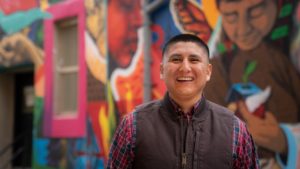
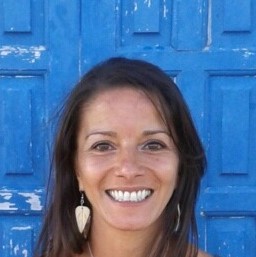
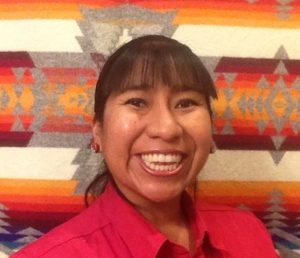
This project will catalyze watershed-scale change by working with a talented team of Indigenous scientists, researchers and natural resource managers to reforest critical uplands and build in-stream structures in Capulin Canyon, a tributary to the Middle Rio Grande urban corridor. The project will restore watershed health and ecological integrity to the Middle Rio Grande corridor while protecting and enriching culturally important resources that are crucial to Puebloan lifeways. The collaborative, Indigenous-led project will drive reforestation and in-stream restoration efforts from the headwaters in Capulin Canyon to the confluence with the Rio Grande, benefiting all downstream water users including Indigenous communities and the major urban centers of Bernallillo and Albuquerque, New Mexico.
Citizen Science for Collaborative Community Research: Indigenous Community Assessment of Problematic Plants (ICAPP), Tanzania
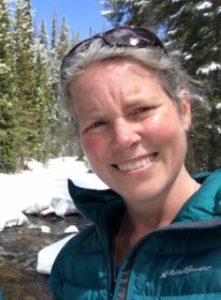
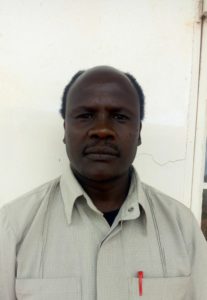
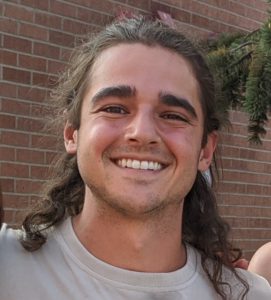
The goal of this project is to collaboratively identify and prioritize key problematic plant species in the villages of Sukuro, Kitiengare and Loiborsoit, assess the distribution and impacts that these prioritized plant species have on people’s lives and livelihoods (e.g., forage availability, livestock health, human health and safety), and co-create a citizen science project for community monitoring of these species ensuring engagement by non-literate community members via co-designed features.
Designing Territorial Strategies for the Defense of Common Goods, Biodiversity, and Livelihoods in Colombia
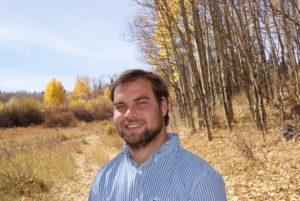
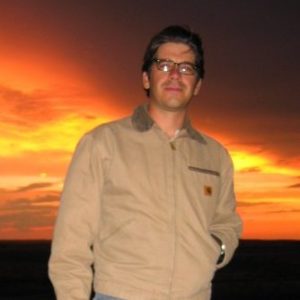
Grupo Semillas, the Seeds of Identity Campaign, and the Seeds of Freedom Network are social movement organizations in Colombia that support indigenous, afro-descendant and peasant communities. They especially focus on the local control of territories, natural resources, biodiversity, sustainable productive systems and food sovereignty. In collaboration with local communities, these organizations have supported processes of claiming constitutional rights and declaring GMO-Free territories in Colombia. Working in partnership with collaborators and local communities, the goal of this project is to facilitate the participatory design of specific processes and concrete actions to implement the juridically declared GMO-Free Territories in Colombia. This project will also network with other communities who are practicing differing strategies of territorial defense for protecting their local livelihoods and biodiversity.
CCC Fellows Program: Individual Projects
Incorporating dynamic community-based solutions to address human–elephant conflict across Western Ghats, India
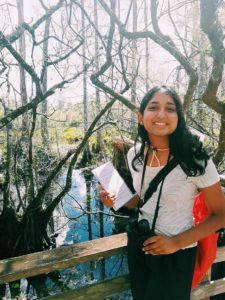
In South India, Human-Elephant Conflict (HEC) is a leading cause of human casualties and mortalities, with 400 people killed annually in elephant conflict-associated events alone. Understanding the risk perception of local community members is imperative to mitigate HEC effectively. Mitigation measures are deployed across landscapes; however, there is a lack of knowledge regarding the effectiveness of these in reducing conflict. The project’s overall goal is to create a community-based information network that will engage with the broader local community of 1,500 members (on the southern Western Ghats of India within the Nilgiris landscape) to aid in conserving wild elephant populations. This project will build networks and partnerships with the communities, based on shared insights and perceptions of Human-Elephant Conflicts.
The role of community-led land stewardship in shaping mammal conservation in the tropics of Guatemala

The Southwest forests of Guatemala are likely to be highly biodiverse, yet there are limited legal forest protections. With only 25 percent of forest cover remaining, employing effective and stable management is paramount. The continuation of forest degradation perpetuates the loss of rare animal species and the displacement of Mayan farmers that are the holders of Indigenous knowledge of forest conservation. The goal of this project is to work collaboratively with CSU, Trees, Water & People and the non-profit Utz Che’ to determine the role of Indigenous-led land stewardship in supporting mammalian diversity and use these results to assist in drafting communal forest conservation plans.
2021 Fellows cohort success
The new cohort will overlap for six months with CCC Fellows cohort 11, established spring 2021. Cohort 11 is also focused on under-represented groups and projects that engage marginalized communities that are often underserved. This cohort made up of seven fellows working on:
- Equitable access to protected areas for disabled and under-represented communities in Brazil
- Living with carnivores in a pastoralist society in Tanzania
- Clean water in the South Platte River in low-income communities of color in Denver and Adams counties, Colorado
For a glimpse at the impactful work Cohort is doing, watch Inclusión y accesibilidad en áreas protegidas by Juarez Michelloti and Felipe Zanusso or Beyond barriers: access and accessibility in an urban protected area in southeastern Brazil by Juarez.
For more information about CCC’s Conservation Fellows Program, see the CCC Fellows Program web page or contact CCC Director John Sanderson, John.Sanderson@colostate.edu.
The Center for Collaborative Conservation, part of the Warner College of Natural Resources at Colorado State University, values conservation impact, honoring diversity, shared learning, a commitment to relationships and accountability and excellence. We are proud to partner with the WCNR Diversity and Impact Program to put these values into practice. The CCC’s mission is to build the capacity of organizations, communities, and future leaders to achieve conservation impact, while applying Colorado State University’s world-class research and education.